Omicron may worry business travellers, but the cabin environment is safer than others
With the rapid rise of Omicron, air travel and specifically, clean cabin air is likely a key concern for business travellers.
It’s well documented that this new strain is highly transmissible, plus that it fast became dominant in many countries in just a few weeks.
Breathing in clean air had already become a worry across the world last year when the pandemic first began.
As Covid battered the globe and shuttered the travel industry, airline companies prioritised keeping aircraft cabins clean – and especially the air.
They quickly boosted their HEPA systems where cabin air is passed through filters to take out dust and stop the transmission of bacteria and viruses.
Some airlines did all they could to reduce the spread of contaminated air, even by changing airflow direction and by tweaking airflow distribution using state-of -the-art hospital grade systems.
In fact, it’s now claimed that air distribution systems on modern planes now offer far better protection against the virus than other common, everyday environment.
These environments include bars, restaurants, stores and homes where air isn’t changed every three minutes, or filtered in any way at all.
But with recent increased transmission rates and heightened concerns among travellers during Omicron, the International Air Transport Association (IATA) set out to calm any fears about today’s airline cabin environments.
“The aircraft cabin remains a very low risk environment for contracting Covid-19 even though Omicron appears to be more transmissible than other variants in all environments”. They said before reminding on mask wearing and enhanced cabin cleaning.
In fact, Dr David Powell, IATA’s Medical Advisor also reiterated that aircraft cabins are much safer than other enclosed spaces.
“The controlled nature of the aircraft cabin compared to other enclosed environments adds a further measure of protection.” He said.
IATA, which represents 300 carriers across the world, also offers advice to people who travel, and stresses that taking care is “even more important” with the arrival of Omicron.
This advice includes:
• Avoiding common-touch surfaces
• Practicing hand hygiene wherever possible
• Wearing facemasks
• Staying distanced
• Controlled boarding procedures.
Photography courtesy of Shutterstock.com


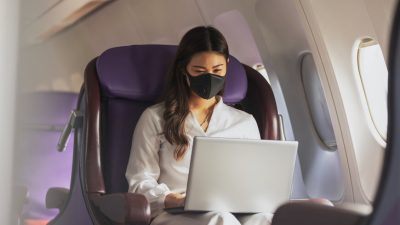







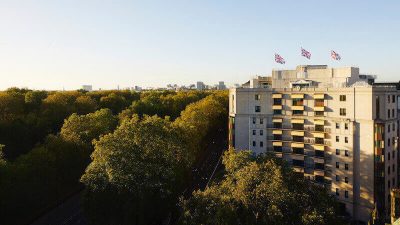



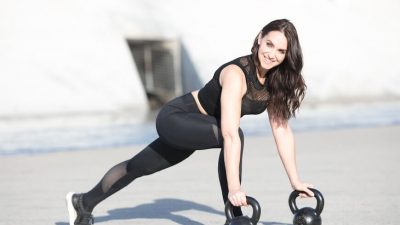




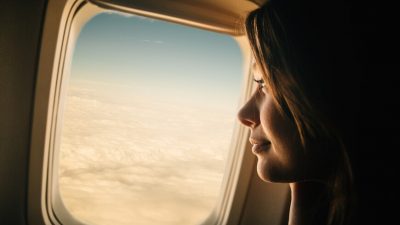
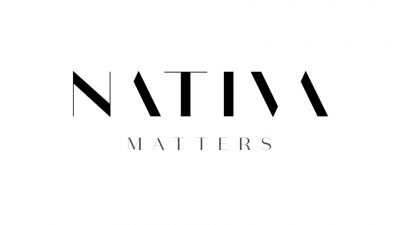











Comments